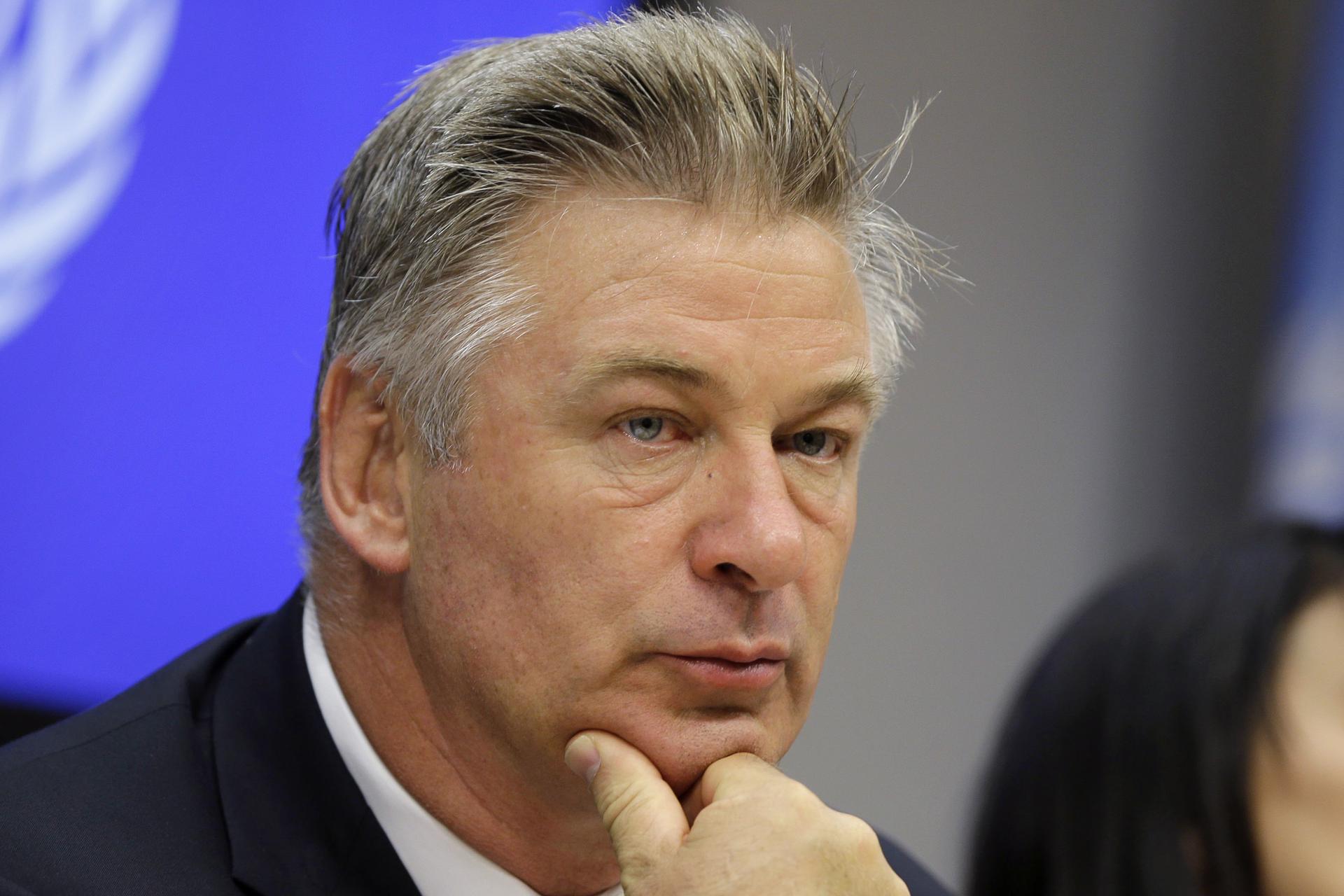Chinese President Xi Jinping delivered a written message to the World Leaders Summit outlining China’s proposals on how to deal with climate change and promote global economic recovery, as well as highlight important ideas such as maintaining multilateral consensus, focusing on practical actions and accelerating a green environment. Conversion. I would like to share with you my knowledge and experience based on three keywords.
First – consensus. If there is any issue rooted in the fate of the peoples of the world, climate change is undoubtedly one of the most important and pressing challenges. Climate change is a matter of human well-being and the future of mankind, and confronting it requires the concerted efforts of all countries of the world.
Looking back at the global response to climate change, it is a historic process in which countries around the world continue to deepen understanding, build consensus, and respond to challenges. China has long been an active participant, co-founder, and leader in global climate management. Chinese solutions and actions played a major role in reaching the Paris Agreement, and in 2016 President Xi Jinping personally submitted the legal documents for China’s ratification of the Paris Agreement and promoted its rapid entry into force, demonstrating China’s ambition and determination to combat climate change.
In his message to the summit of world leaders, President Xi once again demonstrated China’s strong support for the United Nations Framework Convention on Climate Change and the Paris Agreement, and called on all parties to build on the existing consensus to enhance mutual trust and cooperation, identify the way forward and give a strong impetus to strengthening global climate management .
The second – commitment. As the largest developing country with a population of more than 1.4 billion people, China faces a number of difficult challenges, such as economic development, improving people’s livelihoods, controlling pollution and protecting the environment. However, in order to achieve its climate change goals, China has officially announced that its goal is to achieve peak carbon emissions by 2030 and carbon neutrality by 2060.
Recently, “Opinions on the full and comprehensive implementation of the New Development Concept on Good Practices for Peak Emissions and Carbon Neutrality” and “Roadmap for Reducing Carbon Emissions by 2030”, action plans for key areas such as energy, industry, construction, transportation and key industries such as coal, electricity and iron Steel and cement will appear one by one, and safeguards related to science and technology, carbon banking, finance and taxation will be introduced to create a system to reduce carbon dioxide emissions and achieve carbon neutrality. A “1 + N” policy system will have a clear timetable, map and plan.
It is worth noting that China will achieve the largest reduction in carbon dioxide emissions in the world and will move from peak to carbon neutral in the shortest time in world history. Achieving these goals will require a great deal of hard work, and China will fulfill its obligations as a great nation.
The third – the community. Earth is the only home for human survival, and no country can be left alone in the face of global climate challenges. All countries of the world must strengthen solidarity, enhance cooperation and unite to build a community of people and nature. Addressing climate change is the general trend of global environmental transformation and a low-carbon transition.
President Xi Jinping suggested treating green mountains and blue waters as mountains of gold. China will abandon development models that harm or even destroy the ecological environment, use scientific and technological innovation as a driving force, promote the transformation and modernization of energy resources, industrial structure and consumption structure, and promote green economic and social development to make our sky. Bluer, the mountains greener, the water cleaner, and the environment nicer.
We will also work aggressively to develop clean, low-carbon energy. China has become the world’s largest market for renewable energy and the world’s largest producer of renewable energy equipment, with renewable energy production accounting for 29.5%. Electricity consumed by the community. By 2030, China’s carbon dioxide emissions per unit of GDP will decrease by more than 65%. Compared with 2005, the share of non-fossil energy in primary energy consumption will reach about 25%, and forest resources will increase by 6 billion cubic meters. Compared to 2005, the total installed capacity in wind and solar power will exceed 1.2 billion kilowatts.
In China, it is said that “it is difficult for young people to act.” Alone, and it’s easy for those who walk together. “China and Poland are important emerging economies, share similar views and ideas on tackling climate change, face the common problems of innovative development models and green transformation, have broad cooperation opportunities and huge potential in terms of developing new energy and supporting green economy, China is ready to cooperate with the international community. , including Poland, to meet the challenges of climate change and protect the common home of mankind, which is our planet.
Sun Linjiang, Chinese Ambassador to Poland

Echo Richards embodies a personality that is a delightful contradiction: a humble musicaholic who never brags about her expansive knowledge of both classic and contemporary tunes. Infuriatingly modest, one would never know from a mere conversation how deeply entrenched she is in the world of music. This passion seamlessly translates into her problem-solving skills, with Echo often drawing inspiration from melodies and rhythms. A voracious reader, she dives deep into literature, using stories to influence her own hardcore writing. Her spirited advocacy for alcohol isn’t about mere indulgence, but about celebrating life’s poignant moments.

![Chinese Ambassador: On climate change – agree first [LIST DO REDAKCJI] Chinese Ambassador: On climate change – agree first [LIST DO REDAKCJI]](https://www.moviesonline.ca/wp-content/uploads/2021/11/Chinese-Ambassador-On-climate-change-agree-first-LIST-DO.jpg)








